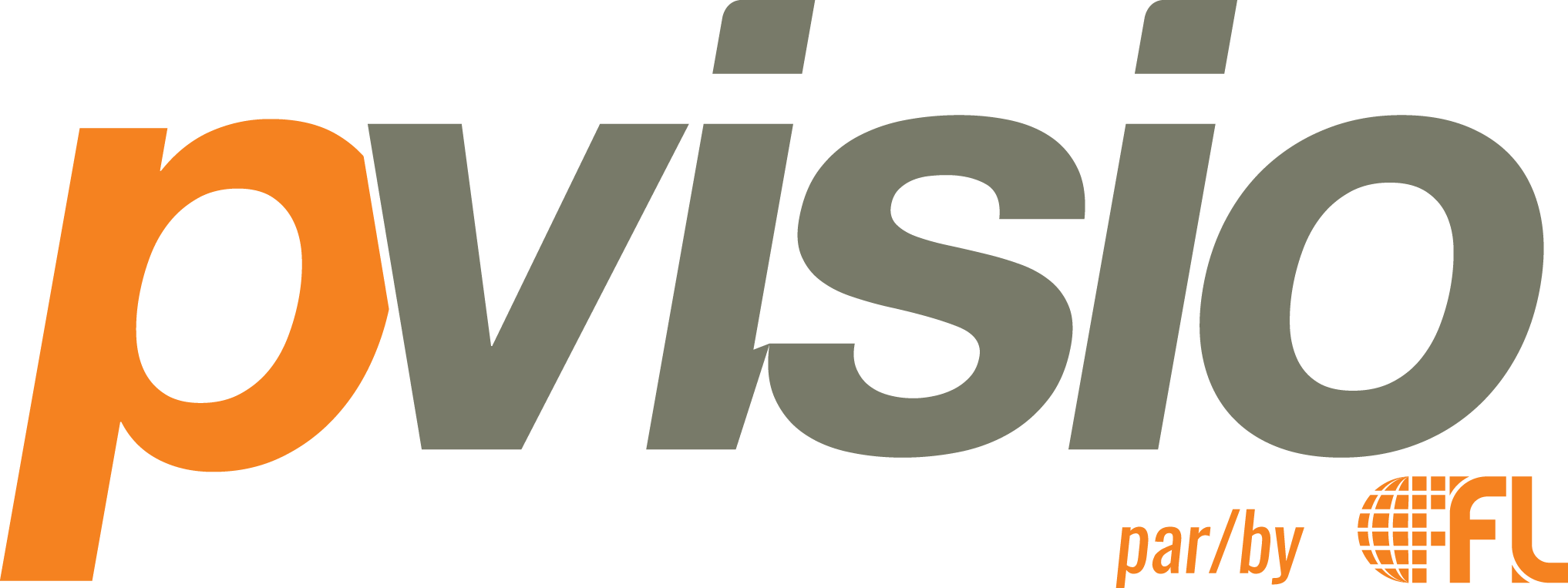Employers today are encouraged to promote teamwork, collaboration and open communication in the workplace. While the effective use of social media is a great tool to permit employees to do this effectively, many businesses prefer to completely ban the use of social media in the workplace.
The question is: is it possible to allow employees to use social media while limiting the risks to the employer? Definitely and it’s worth it!
In fact, a recent study showed just how much small business benefit from social media. In Michael Stelzner’s 2011 Social Media Marketing Industry Report, it was found that no one has benefited more by using social media than small businesses. The survey highlights that small business owners scored higher than their peers in the following:
- Generated exposure for my business – 88%
- Increased traffic subscribers – 72%
- Improved search rankings – 62%
- Resulted in new business partnerships – 56%)
- Generated qualified leads – 51%
- Reduced overall marketing expenses – 49%
- Improved sales – 43%
Used as an effective and monitored marketing tool, businesses can benefit by having their employees also play an active role in the use of social media.
Despite the benefits of social media, there are also risks. A common risk affecting employers today is the loss or decrease in productivity due to the time spent on these social media sites. This lost time is not only disruptive and inefficient but can also be costly if employees are then required to work overtime to get the job done. As well, distractions can lead to deadlines being missed or poorly executed work.
The misuse of social media can also create reputational and security risks. For example, employees may divulge confidential information to restricted parties or even damage their company’s image or reputation if comments are made public or personal opinions shared without employer consent.
Since it is difficult to constantly monitor employees while they work, and even less so after working hours, it becomes very difficult (even impossible), to prevent employees from using social networking sites in ways that could damage a business. This means that it is to the employer’s advantage to coach and guide them to use these sites appropriately.
One indispensable tool in this regard is a well-developed and implemented policy covering the use of social media. Indeed, employees must be reminded that while they are using a work computer and network, they can’t expect total privacy. Employees must know that their employers have the right to monitor network and computer use to protect their businesses and ensure, among other things, that confidential information isn’t improperly disseminated or that the network is not subject to viruses or excessive personal use. If productivity is an issue, employers may even wish to restrict access to certain sites via network control tools.
Policy Must-Haves:
- A clear definition of social media;
- Explain accepted uses of social media for work purposes, during work hours;
- Employees should be prohibited from:
- Disclosing confidential information, including mentioning the names of clients (past, present or potential), discussing assignments or the internal affairs of the company;
- Discussing work-related issues;
- Communicating information that can be defamatory to the employer, employees or clients (i.e. negative comments, verbal harassment or offensive language); and
- Speaking on behalf of the employer – use “I” to show that it’s a personal opinion as opposed to that of the employer.
- Employees should use judgment and professionalism in determining what to make public;
- Outside of work, employees maintain duty of loyalty and confidentiality;
- A clear statement of the employer’s right to monitor use of social media sites*;
- The potential for disciplinary action if policy is not respected.
Once the policy is written, we suggest that:
- The policy be readily accessible and communicated to all the employees, who sign a copy acknowledging receipt;
- Employers ensure that the employees confirm, in writing, acknowledgement and understanding of the policy (ex. provide a memo or note for them to sign and return and keep it in their personnel file);
- Send periodic reminders by e-mail or any other means of communication suitable for your business; and
- Employers consider assigning an employee to actively monitor the internet for misuse of their brand and trade names so that action can be taken immediately.
*If an employer decides to monitor an employee’s personal social media usage, the employer must ensure that the monitoring is relevant to what is being investigated, that it is limited to what is necessary, that there are no other possible options, that it is reasonable and done in good faith. Conversely, it is also acceptable to have automated network monitoring software which watches for trends in usage and flags specific actions for employer attention.
Winter 2011 Issue (download the PDF)



